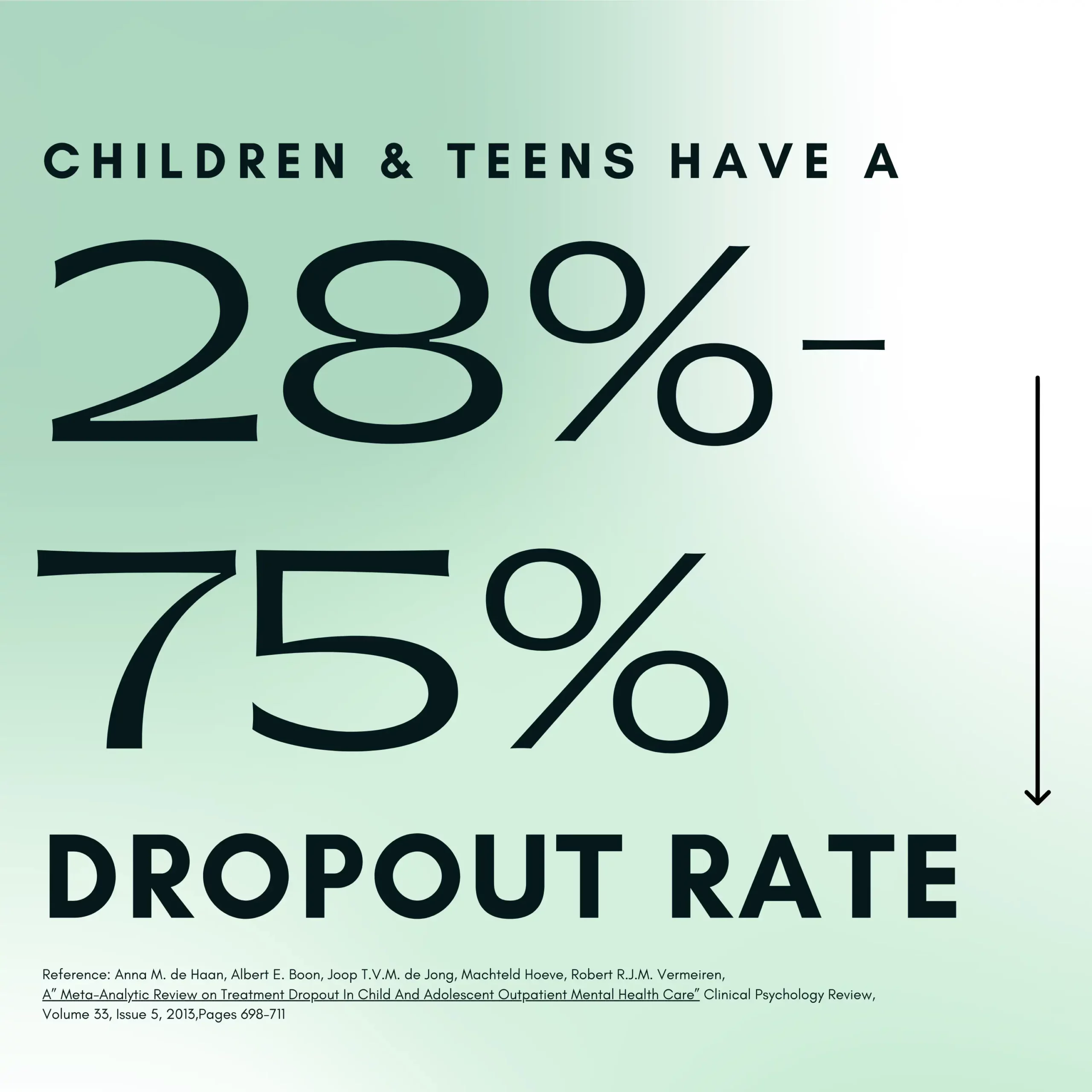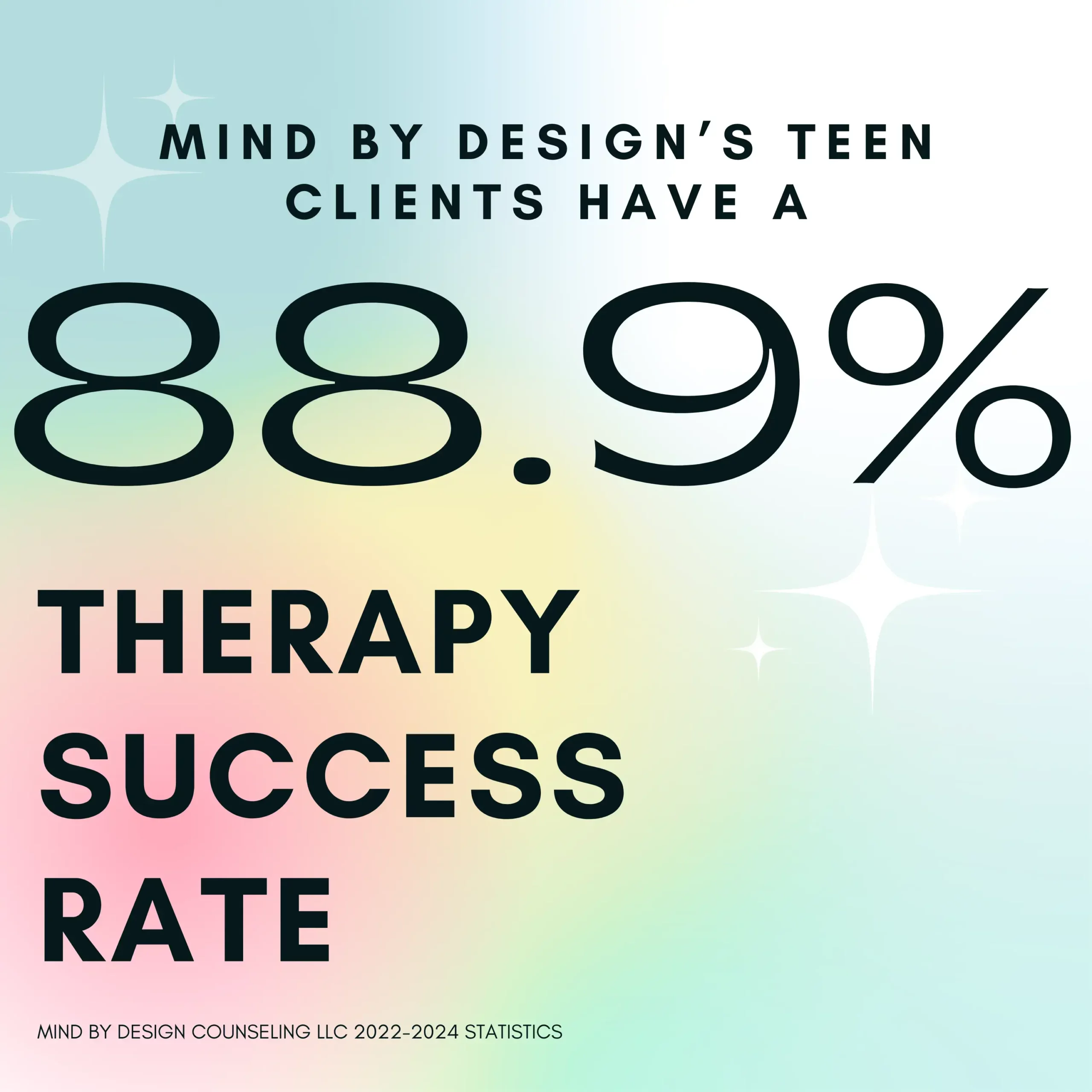Adolescent Substance Use:
How To Best Talk To Your Teen
It’s no secret that raising teens is a tough job, and talking about adolescent substance use can be a scary endeavor for many parents.Adolescent substance use increases a teens risk for challenges with relationships, academics and mental health stability. Adolescence is a time of self-discovery and teens will often test their boundaries. That’s why it is important to educate your teen about substances, addiction and their health.
Studies have shown that teens who have open and informative conversations with their parents about substance use are less likely to misuse substances. Luckily, there are resources and guides to help you open up the lines of communication with your teen.
1. Set clear rules with clear reasons
Do not assume that your children know how you feel about drugs and alcohol. Instead, send a clear and unequivocal message about the risks involved with substance use. Teens are more likely to follow rules and boundaries when they understand it is in their best interest, and not some parental effort to be controlling. Avoid using generalizations such as “make good choices” or “don’t do drugs” as this can feel ambiguous, impersonal and potentially unimportant to a teen.
3. Share the Facts about Adolescent Substance Abuse
Provide reliable information to your teen so that they can make informed decisions about the dangers of different drugs and alcohol. Being a reliable resource also allows teens to understand that this is not a personal opinion you have, but instead, is factual information about their health and wellness. You can provide education on adolescent substance use without lecturing your teen.
5. troubleshoot & make a plan
Social pressure is a powerful on adolescents and can be difficult for your teen to navigate. It can be helpful to talk to your teen about how to avoid using substances, the risk of each substance and ways to “say no”. Having a plan to avoid substance misuse can help teens make healthier decisions.
7. knowing when to intervene
It’s important to approach the topic of substance misuse with adolescents in a way that is both supportive and informative. For teens who regularly use drugs or have experienced problems related to substance use, it’s crucial to seek professional help. You can also speak with your pediatrician to discuss a referral to a specialist who can conduct an assessment.
Opening up the lines of communication now allows for open communication with your teen in the future. If you have established healthy communication, you may find it easier to ask your teen about their health choices.

2. Be Transparent About the Reality of Adolescent Substance Use
Have an open conversation, be candid and show that you are concerned about their well-being. If they have questions, answer to the best of your knowledge. If you’re not sure, it’s okay to look for reliable information with your teen as you learn together.
4. be present & non-judgmental
Be aware of your teens activities in a way that gives them choice and autonomy, but lets them know that you are there. Teens are more likely to indulge in drinking or drug use if they believe that no one is watching or that no one would care. Asking your teen about their friends, their plans or other social activities indicates that you are open to having conversations about their social experiences.
6. talk about family history of substance use
Family history of substance use can increase a teens vulnerability to developing one themselves. Furthermore, environmental factors, such as exposure to substance use in the home, can be a major risk factor. Your teen will be more aware of their own vulnerability when they are informed about addiction, unhealthy substance use, and their family’s risk of substance use disorders.
Additional support for parents & teens
In conclusion, preventing adolescent substance use requires a multifaceted approach from parents and caregivers. Setting clear expectations, being open and present, educating your teen and providing accurate information can help your teen to make healthier decisions. It takes attention and effort to prepare and guide your child through adolescence, but these efforts are the foundation your teen builds upon for their future.
Our adolescent mental health experts are here for you and your child.
Reach out to us, we’re here to help.

FAQ about Therapy for Teens at
Mind By Design Counseling, NJ
How do I get started as a new client?
New Clients can reach out to us directly via call, text or email here:
What is your cancellation policy?
We ask that clients provide at least 24 hours notice in the event that they need to cancel to avoid the 50% cancellation fee. we understand that life happens and do our best to be flexible & reschedule.
Does my insurance cover my visits?
We provide”Courtesy Billing” for clients who are using the Out-of-network insurance benefits.
Our Insurance Page shares a small blurb about Why We Left Insurance Panels
Do you offer traditional talk therapy?
of course! though we have some unconventional therapy approaches, we are rooted in evidenced based practices. Talk therapy is a major player in the therapy room! See What we Treat and Integrative Services for more information
Is Online Therapy As Effective As In-Person Therapy?
Online therapy is essentially face-to-face counseling, just conducted remotely. Studies show that teletherapy is as effective as traditional counseling. Professional organizations and state governments recognize its benefits and have set regulations for it. However, like any therapy, its success in achieving your goals isn’t guaranteed. It’s important to discuss with your therapist whether teletherapy is working for you.
Can I Change Therapists If I'm Not Happy?
Yes, you can switch therapists to another provider within the practice, or we can provide you a referral if preferred. We want to ensure that your time and effort are well spent, and that you are getting the relief you need, that’s why we work collaboratively with each other in the practice, as well as outside therapists who we know and trust.
How Do I Know If Therapy Is Helping?
You should feel like you’re making progress. Signs it’s working include:
Feeling comfortable talking to your therapist
Your therapist respects boundaries
You’re moving towards your goals
You feel listened to
You’re doing better in life
Your self-esteem is getting better
Is Online Therapy Easy to Use for Non-Tech-Savvy People?
Yes, it’s pretty simple to access sessions. You’ll need basic internet skills, such as opening and visiting the patient link sent to you via email. It’s similar to video chatting like Facetime or Zoom. We can also walk you through it on the phone the first time to ensure a strong connection
What Questions Should I Ask My New Therapist?
Feel free to ask anything. Some good questions are:
- How often will we meet?
- What do you specialize in?
- What experience do you have with my issue?
- What outcomes can I expect?
- How will I know I’m progressing?
- How long do you usually work with clients?
- How will we set my treatment goals?
How Should I Prepare for My First Session?
Showing up is all that you need to do! But if you really want to get the most out of session, it could help to take some time to think about what you want from therapy. It helps to write down your goals, questions you have or things that you feel are important to share.
What is the difference between associate therapists & fully licensed therapists?
Our Qualifications:
Our founder, Rebecca Sidoti, is a highly qualified, state-licensed therapist and supervisor with extensive training in anxiety related disorders and innovative treatment such as Ketamine Therapy. Mind by Design Counseling adheres to standards set by the our governing counseling boards.
To see each providers credentials, training and licenses, visit our “Meet the Therapists” Page to learn more.
- LAC/LSW are therapists who may practice clinical work under the supervision of a fully licensed therapist.
- LPC/LCSW are therapists who have completed the necessary clinical hours post-graduation under supervision and can practice clinical work independently.
What Geographic Areas Are Served?
Currently, we serve clients in New Jersey and are expanding to other states as telehealth laws evolve. While telehealth offers the convenience of attending sessions from anywhere, state laws require clients to be in-state during their session.
Is Virtual Counseling Suitable for Everyone?
Online therapy might not be as effective for individuals with chronic suicidal thoughts, severe trauma, significant mental health history, or those recently in intensive care. Such cases often benefit more from traditional, in-person counseling. We’ll help you decide if our online services are right for you during your intake and evaluation.
What Equipment is Needed for Online Therapy?
To join a session, log in using the credentials we provide. No downloads are needed. Our platform, compatible with both individual and group sessions, requires:
A computer or mobile device with a webcam and internet access.
We’ll help you test your setup before your first appointment to ensure a reliable connection. iOS users should use the Safari browser for mobile and tablet sessions.
What Questions Will Therapists Ask Me?
It depends on your goals. Expect questions about your thoughts, feelings, relationships, work, school, and health. They’ll ask to understand your therapy goals.
How Do You Keep Client Information Secure?
Security and Confidentiality of Sessions:
Your privacy is crucial to us. We use TherapyNotes, a HIPAA-compliant platform, ensuring secure and confidential teletherapy sessions. This platform’s security features include encrypted video connections, secure data transfers, and encrypted databases, ensuring your information is safe at all times.
What is VRT used for?
we use VRT to support Exposure Therapy, a long standing traditional therapy modality to treat phobias, anxiety and stress. we send a headset directly to your home so you can access VRT from anywhere.
VRT not only helps with exposure therapy for phobias, but is great for ADHD, mindfulness, PTSD and social anxiety.





